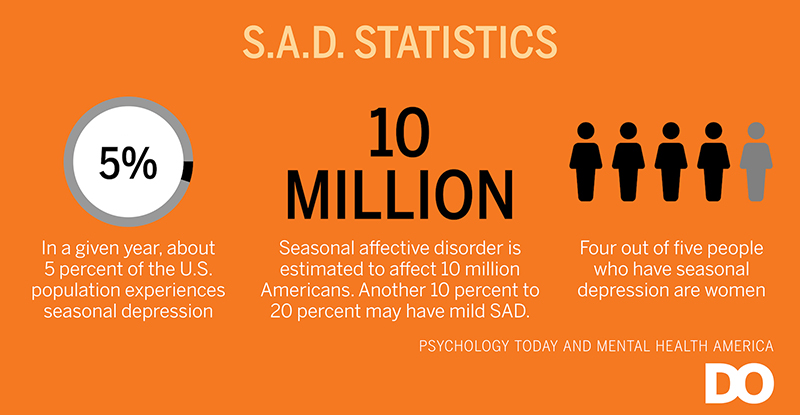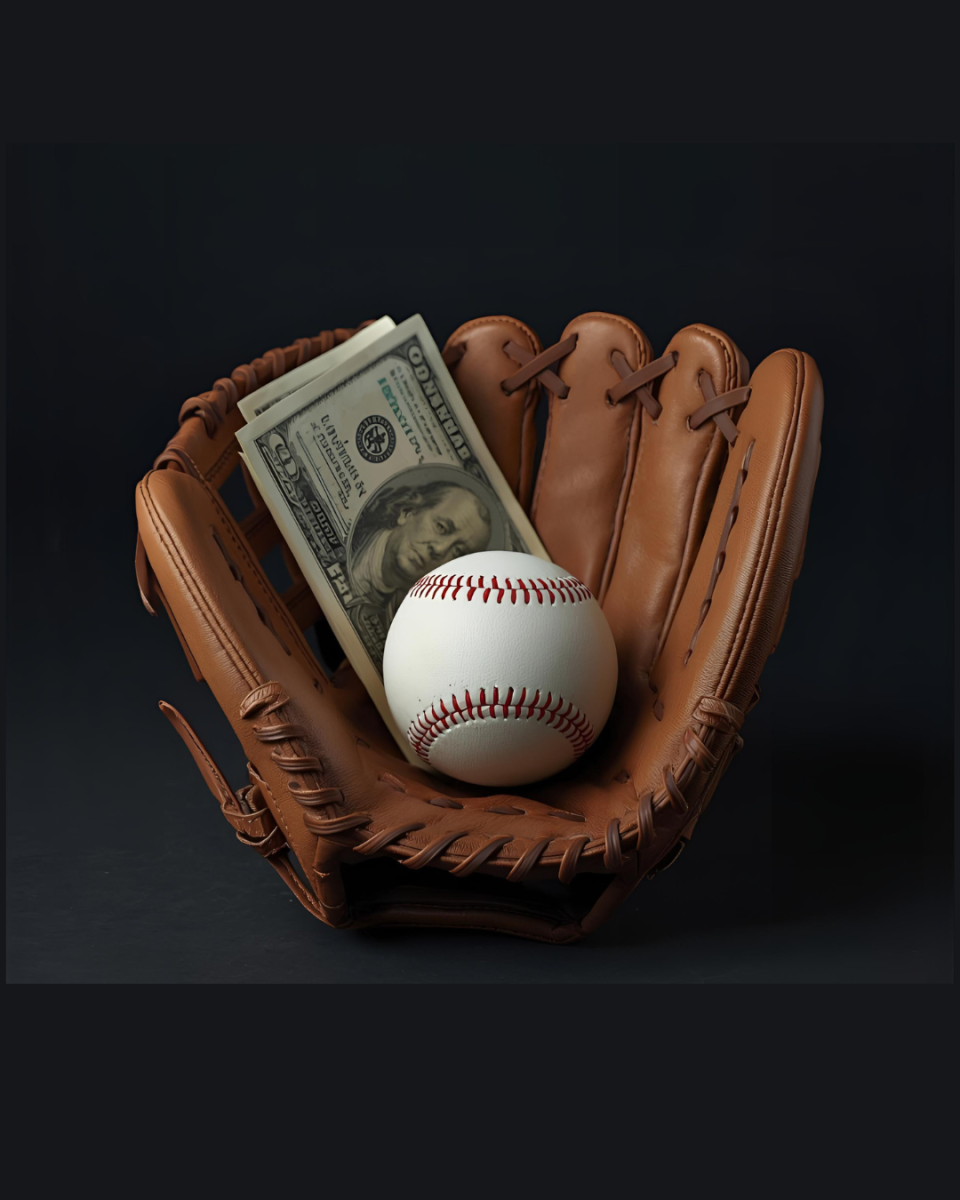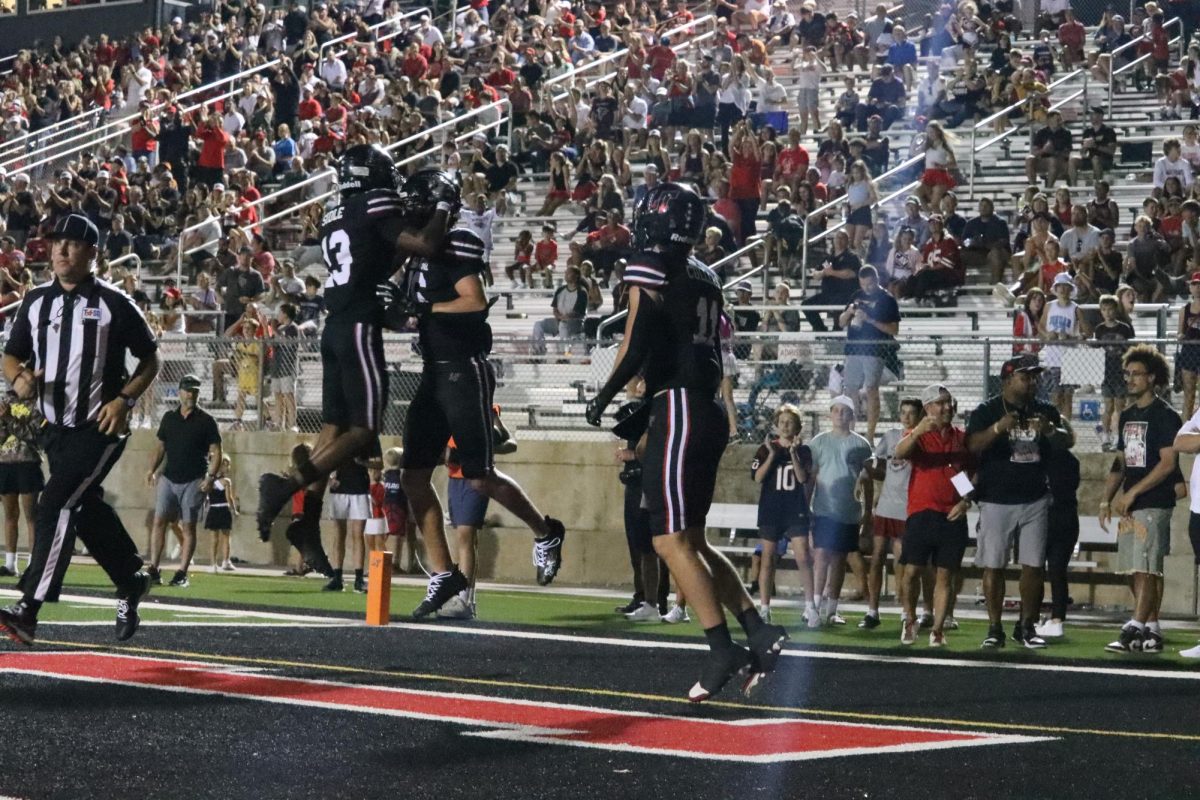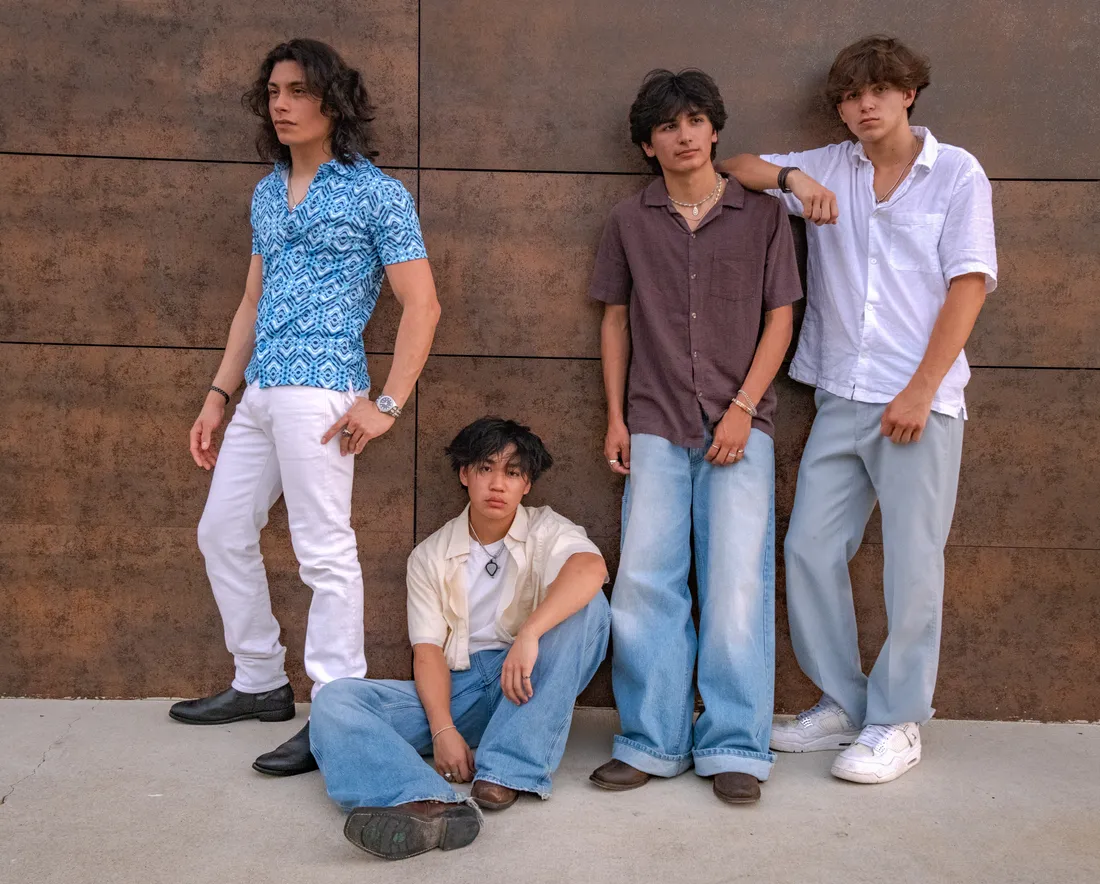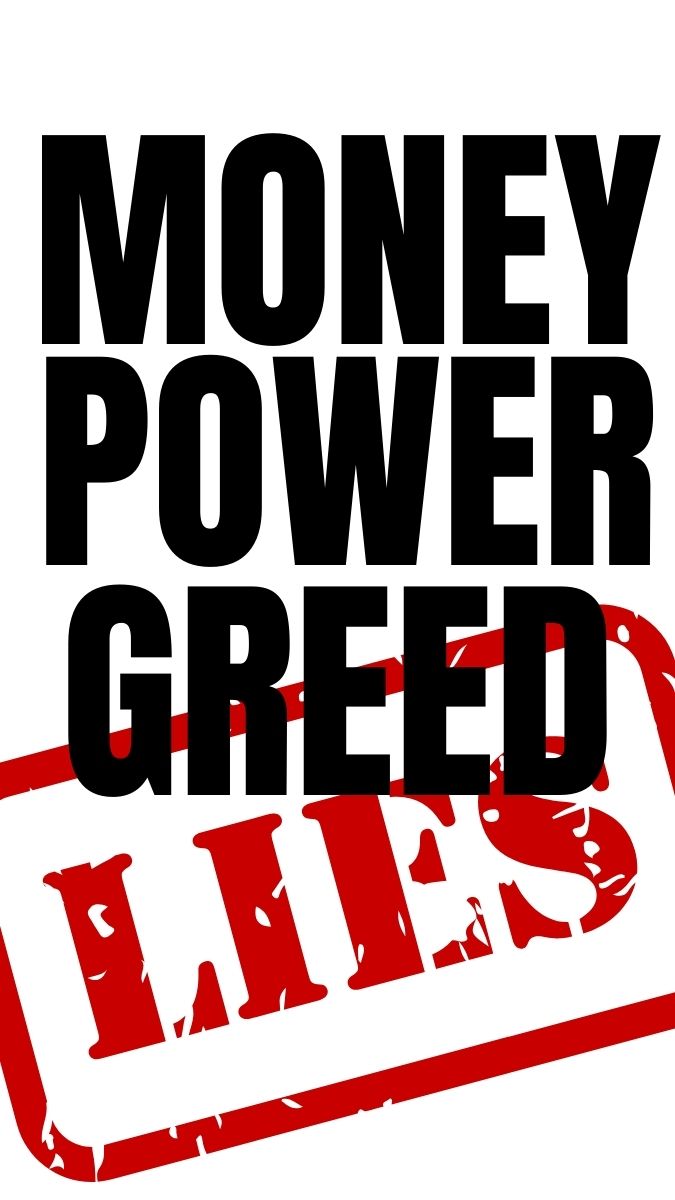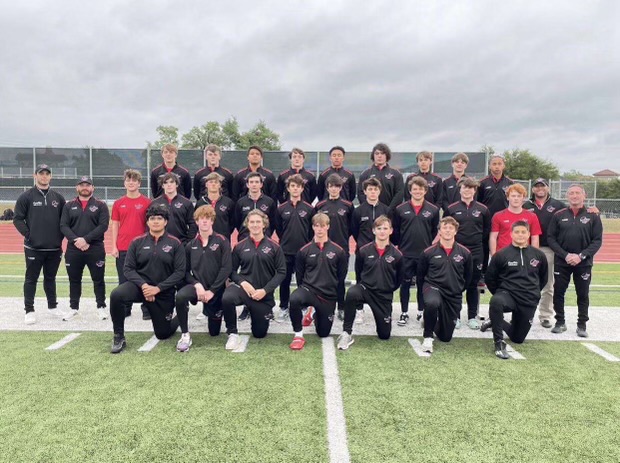The MLB has recently been embroiled in controversy over yet another gambling scandal. Two Cleveland Guardians pitchers, Luis Ortiz and Emmanuel Clase, have been under investigation for unusual large scale prop bets throughout the year.
Ortiz, who was acquired in a trade with the Pittsburgh Pirates is in his first year with the Guardians. He has been a solid back-end starter, pitching to a 4.36 ERA for the Guardians before being placed on non-disciplinary paid leave until further notice. The investigation stemmed from multiple first pitches that missed the strike zone by quite a bit against both the Mariners and Cardinals.
Clase, the closer for the Guardians, threw a number of uncompetitive first pitches that coincided with suspiciously high-betting activity. The three-time All Star was put on the same non-disciplinary leave as Ortiz. Up until the suspicious pitches, Ortiz has maintained a remarkable start to his career, leading the league in saves the last three years and maintaining a career 1.88 ERA. This scandal could make an abrupt and unforeseen end for the possible future Hall of Famer.
A Split Opinion
The influence of sports betting on MLB has grown largely in recent years. This growth has been driven by league partnerships with Fanduel and DraftKings, and the Supreme Court ruling in 2018. This has led to 39 states having some form of sports betting, with 32 offering online and mobile options.
When asked about if this influx of betting was positive, Wylie Glantz, a LTHS senior and baseball fan, said “yes because [gambling] has brought more money to the sport, increasing marketing and advertisement.” This tracks with the numbers as the revenue estimated from sports betting for MLB sits at over 1 billion dollars a year. “Betting isn’t going anywhere,” said Glantz.
While many fans like Glantz see the popularity of betting as beneficial for the MLB, the league maintains a strict view on gambling for its players. Specifically, the policy for players includes a one-year suspension for any player who bets on a game not involving himself, and a lifetime ban if the bet includes their own performance. This has affected legendary players such as Shoeless Joe Jackson, involved in the 1919 Black Sox scandal, and Pete Rose, the all-time leader in hits. This hasn’t been limited to players either, MLB umpire Pat Hoberg was fired for a shared betting account, and Ippei Mizuhara, formerly Dodger’s DH Shohei Ohtani’s interpreter, went to federal prison for stealing millions to pay back illegal sports gambling debts.
Even though the MLB still upholds this ruling, recent changes have been made to show some leniency to those already caught and punished for the practice. Shortly after the death of Pete Rose in 2024, MLB Commissioner Rob Manfred made a controversial decision to reinstate Rose and other deceased players banned from gambling off the permanently ineligible list. This now opens up the possibility for these players to be considered and voted into the Baseball Hall of Fame posthumously.
MLB is currently in a weird gray area, openly embracing sportsbooks through partnerships with the rapid ease and growth of sports betting, while also trying to enforce its longstanding approach with its players. It will be interesting to see if this problem continues to occur years down the road, or if a solution is found on both sides.




